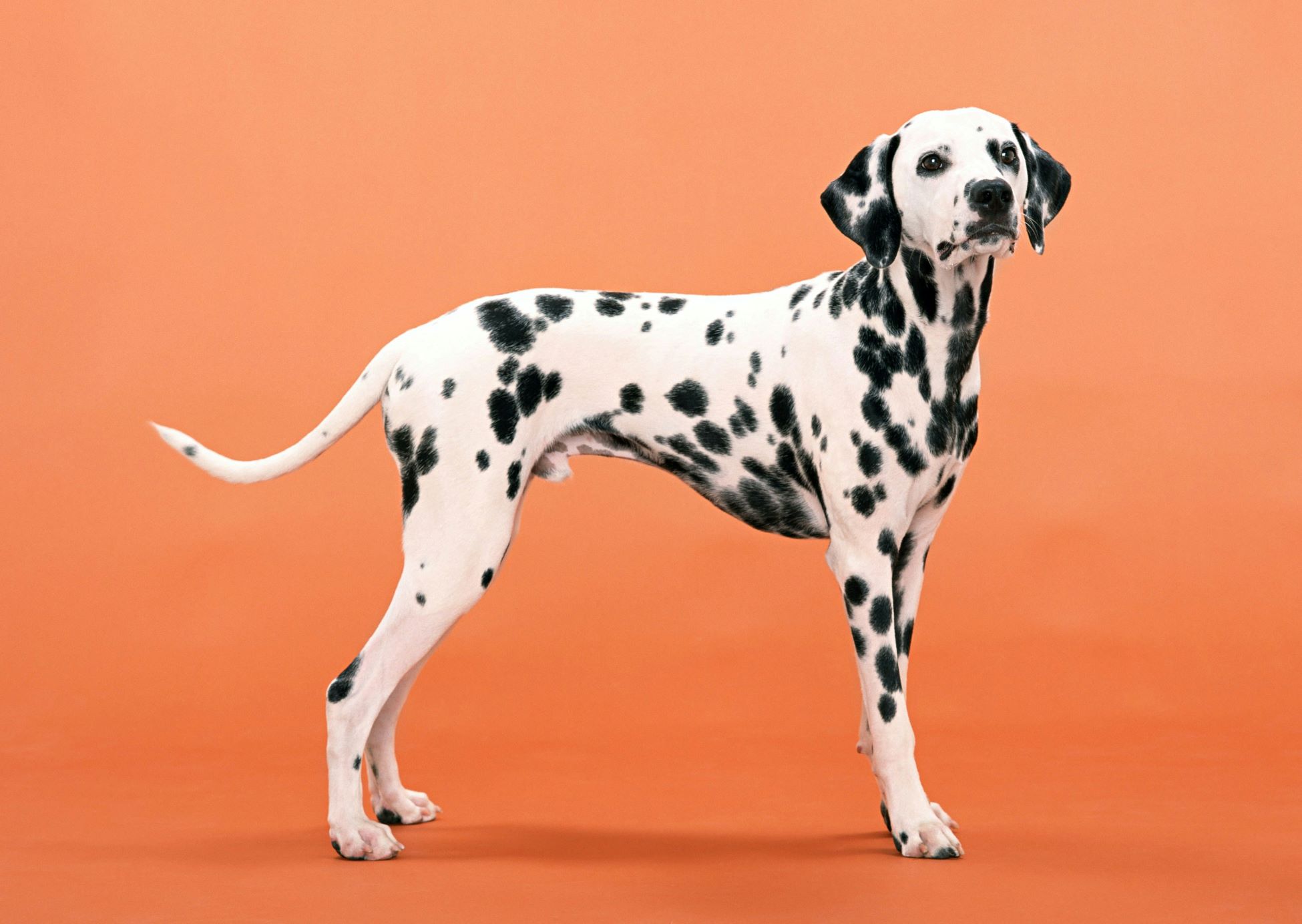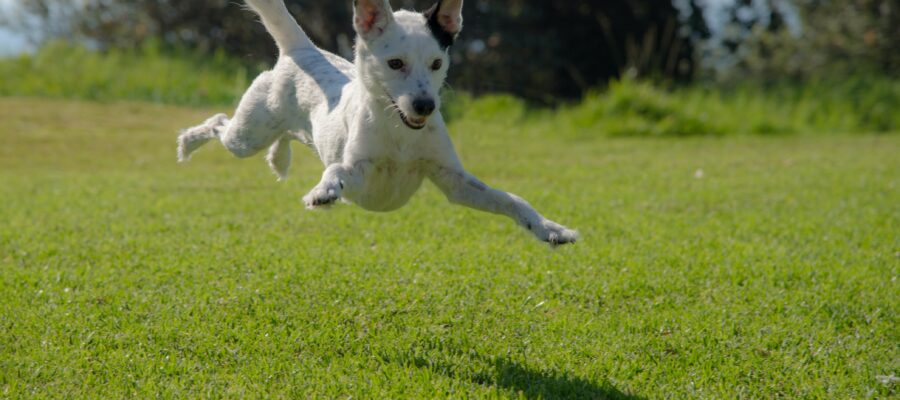
Dog Breed Spotlight – Dalamatian
With their striking spotted coats and captivating presence, Dalmatians have become iconic dogs, both in pop culture and as cherished companions. But beyond their unique appearance lies a dog with a rich history, complex traits, and specific needs. In this post, we’ll delve into the world of Dalmatians, exploring their origins, temperament, health concerns, and what makes them such extraordinary companions.
A Brief History of the Dalamatian
The Dalmatian’s exact ancestry is shrouded in some mystery, but their spotted ancestors are depicted in artwork throughout Europe, Asia, and Africa for centuries. Here’s what we do know:
- Multi-Talented Origins: It’s theorized Dalmatians served roles as guard dogs, hunting companions, and even draft animals throughout their history.
- Coach Dog Craze: They gained popularity in England as “coach dogs,” running alongside carriages to protect horses and passengers.
- Firehouse Mascots: Their affinity for horses led to their adoption by firehouses in America, where they became beloved symbols of the profession.
- Disney Stardom: The film “101 Dalmatians” cemented their place in pop culture, though unfortunately spurred irresponsible breeding practices.
Dalmatian Appearance: Spots and Substance
- Athletic Build: Medium-sized, muscular, built for stamina and agility.
- The Spots!: Short, dense coat with black or liver-colored spots on a white background. Spots develop gradually in puppies.
- Expressive Eyes: Bright, intelligent eyes, typically brown or blue, sometimes with one of each.
The Dalmatian Personality
Understanding a Dalmatian’s personality is key to a fulfilling relationship with this breed. They are not content with a sedentary lifestyle, needing outlets for both their physical and mental energy. Here’s what to expect:
- High Energy: Dals require plenty of physical exercise and mental stimulation. A bored Dalmatian can be a destructive one.
- Intelligence: Smart and quick learners, but can have an independent streak. Positive training methods work best.
- Loyalty: Form strong bonds with their families and can be protective.
- Playful Side: They have a goofy, fun-loving side that emerges with those they trust.
- Not for Everyone: Sensitive to harsh tones and require owners committed to training and providing ample outlets for their energy.
Dalmatians and Families
Dalmatians can thrive in family settings, but it’s important to understand how their energy and needs fit with your lifestyle, especially if you have young children. Keep in mind:
- Best with Older Children: Their boisterous energy might overwhelm small kids, early socialization is key.
- Supervision is a Must: Teach children and dogs respectful play.
- Companionship Needs: Dals do best in active homes and shouldn’t be left alone for long periods.
Unique Dalmatian Health Considerations
- Deafness: Congenital deafness occurs at a higher rate in Dalmatians. Responsible breeders do hearing tests on puppies.
- Urinary Stones: Prone to forming a specific type of urinary stone due to their unique uric acid metabolism. Special diets can help.
- Skin Allergies: Sensitive skin can lead to allergies and irritations.
Responsible Ownership & Finding a Breeder
- Commitment is Key: Dals are not a low-maintenance breed and thrive with dedicated owners.
- Thorough Research: Talk to ethical breeders well-versed in the breed’s health and temperament.
- Beyond Puppy Cuteness: Are you prepared to handle a strong-willed, energetic dog for its lifespan?
External Resources
- Dalmatian Club of America: https://www.thedca.org/
- American Kennel Club (AKC) Breed Standard: https://www.akc.org/dog-breeds/dalmatian/
- Deaf Dogs Rock: Resources for living with deaf dogs: https://deafdogsrock.com/
The Dalmatian: A Dog of Many Talents
Underneath their iconic spots lies a complex and rewarding breed. While demanding dedication, Dalmatians offer unmatched loyalty, athleticism, and a playful spirit that wins hearts. If you’re an active individual or family willing to put in the work, a Dalmatian just might become your spotted soulmate.






